Carried away on a day at the races a successful businessman bid for and bought a horse from a seller. ‘What do I do now?’ he asked a trainer friend. ‘Find the lad who brought him here, slip him 20 quid and ask him to tell you everything he can about the animal.’ The crinkly stuff safely pocketed, the lad’s response was succinct: ‘He’s bloody hard to catch out in the field and when you do catch him he’s no bloody good.’ In the hope of avoiding such scenarios most people buy horses from reputable sales, and/or employ a bloodstock agent to guide them through the intricacies of pedigree, breeding and conformation. They may now think twice about doing so: a report commissioned by the British Horseracing Association and conducted by a senior ex-policeman into the buying and selling of bloodstock has revealed that the industry is ineffectively regulated and scandalously open to secret profiteering by agents and vendors at the expense of owners.
Former chief superintendent Justin Felice, in a report leaked to the Racing Post, identifies practices by a 5 per cent minority of ‘rotten apples’ which range from the immoral and deceitful to the potentially criminal. With the present arrangements unfit for purpose he calls for the BHA to take over regulation of a sadly tarnished industry worth £430 million to the economy. The secret profiteering occurs when agents, unbeknown to the principal, represent two sides of the same transaction, demand ‘luck money’ from vendors with the implication of no further business unless it is paid, and arrange for the artificial bidding up of prices at the sales. An unscrupulous agent may learn that a potential owner is prepared to pay £150,000 for the right horse, agree with a trainer to pay £100,000 for it and then have it bid up to £140,000 at the sales, leaving the owner to think that he has a handy ‘saving’ of £10,000 while the dodgy agent and the trainer connive to split the difference of £40,000. All that on top of the agent’s legitimate fee of 5 per cent. What is particularly disturbing is the horse-racing world’s functioning omerta over the whole business. The Federation of Bloodstock Agents has a voluntary code of practice, but while many Felice spoke to confirmed malpractices and identified individuals responsible for them in private, not one official complaint has been recorded and some agents are not FBA members.
This isn’t new. Back in 2004, when similar complaints were aired, a senior Newmarket figure noted that a number of people felt that if they shifted a horse from one person to another and ‘nicked some money out of the deal’ then they were charging a legitimate commission ‘when in fact what they were doing amounted to simple theft’. You can see how a few are tempted: in their highly competitive world many trainers struggle to make an adequate living from training fees and prize money alone: how else to augment that income other than with betting and the profits from selling on horses whose potential they have developed? But at the end of the day racing depends on enough comparatively well-off people being willing to dig deep in their pockets to become racehorse owners. If they feel they are being ripped off by the racing community they will spend their money instead on racing cars, canal boats or cruises. You will never stamp out every little bit of chicanery but by policing the buying and selling of racehorses effectively and forcing every agent to register with a BHA empowered with sanctions, you can change the overall culture.
Take ‘luck money’. Luck money seems to have originated in the old custom of putting silver into a newborn child’s hand to ensure ‘luck’ for the giver and good fortune for the child. In sheep and cattle markets it still happens in some areas — shepherds buying for their employers’ flocks regard luck money as a natural perk, others see it as an expected reward for not haggling over the price of a heifer or bullock. One contributor to a Horse & Hound correspondence said that if a horse purchased at a sale went wrong or hurt the new owner the ‘luck money’ would ensure that you could not curse the seller for the misfortune — it was a kind of supernatural insurance. But I am just about to replace my dilapidated car. I won’t be expecting BMW to pay me ‘luck money’ for any shiny new replacement and what is the difference?
Racing has enough problems to sort out in the near future: the rumbling controversy over use of the whip, problems with horse movements after a no-deal Brexit, chronic labour shortages and a loss of Levy income from the closing of betting shops. The least the BHA needs to do after winning approval from the other stakeholders in the racing industry is to seize on this particular disincentive to get into horse ownership and sort out the shadier elements of racehorse-dealing. Hopefully it will be followed by the authorities in Ireland.
Got something to add? Join the discussion and comment below.
Get 10 issues for just $10
Subscribe to The Spectator Australia today for the next 10 magazine issues, plus full online access, for just $10.
You might disagree with half of it, but you’ll enjoy reading all of it. Try your first month for free, then just $2 a week for the remainder of your first year.


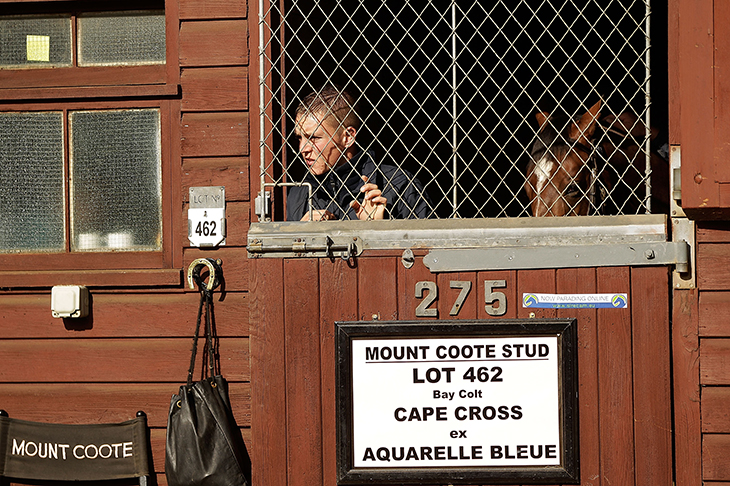
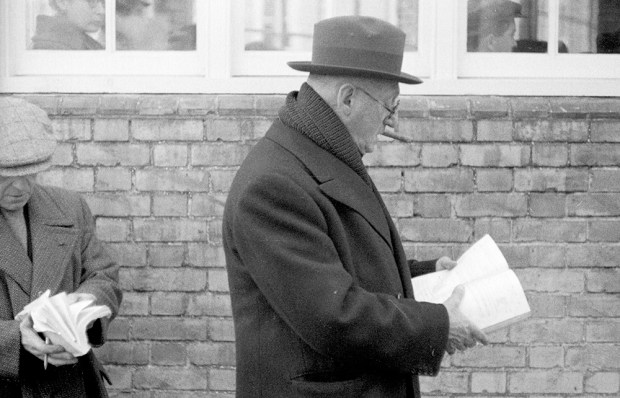
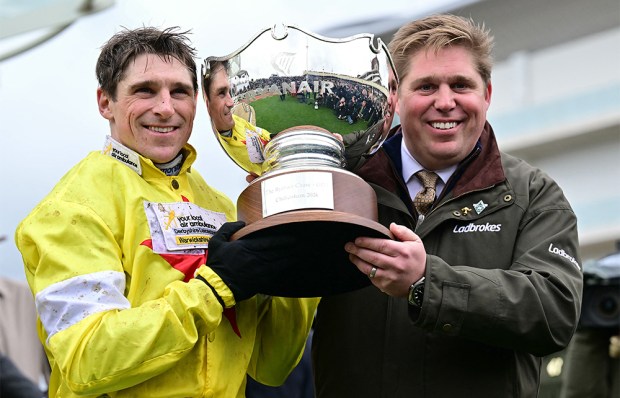
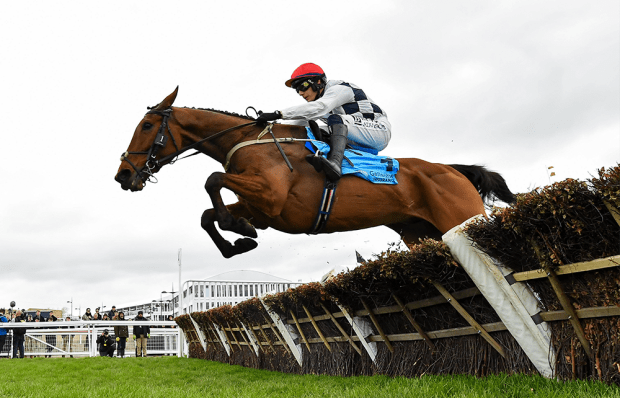
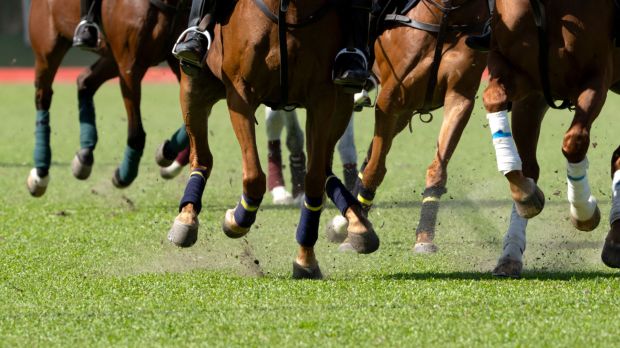








Comments
Don't miss out
Join the conversation with other Spectator Australia readers. Subscribe to leave a comment.
SUBSCRIBEAlready a subscriber? Log in